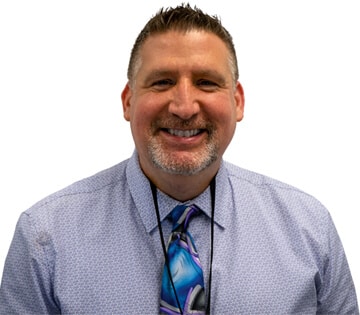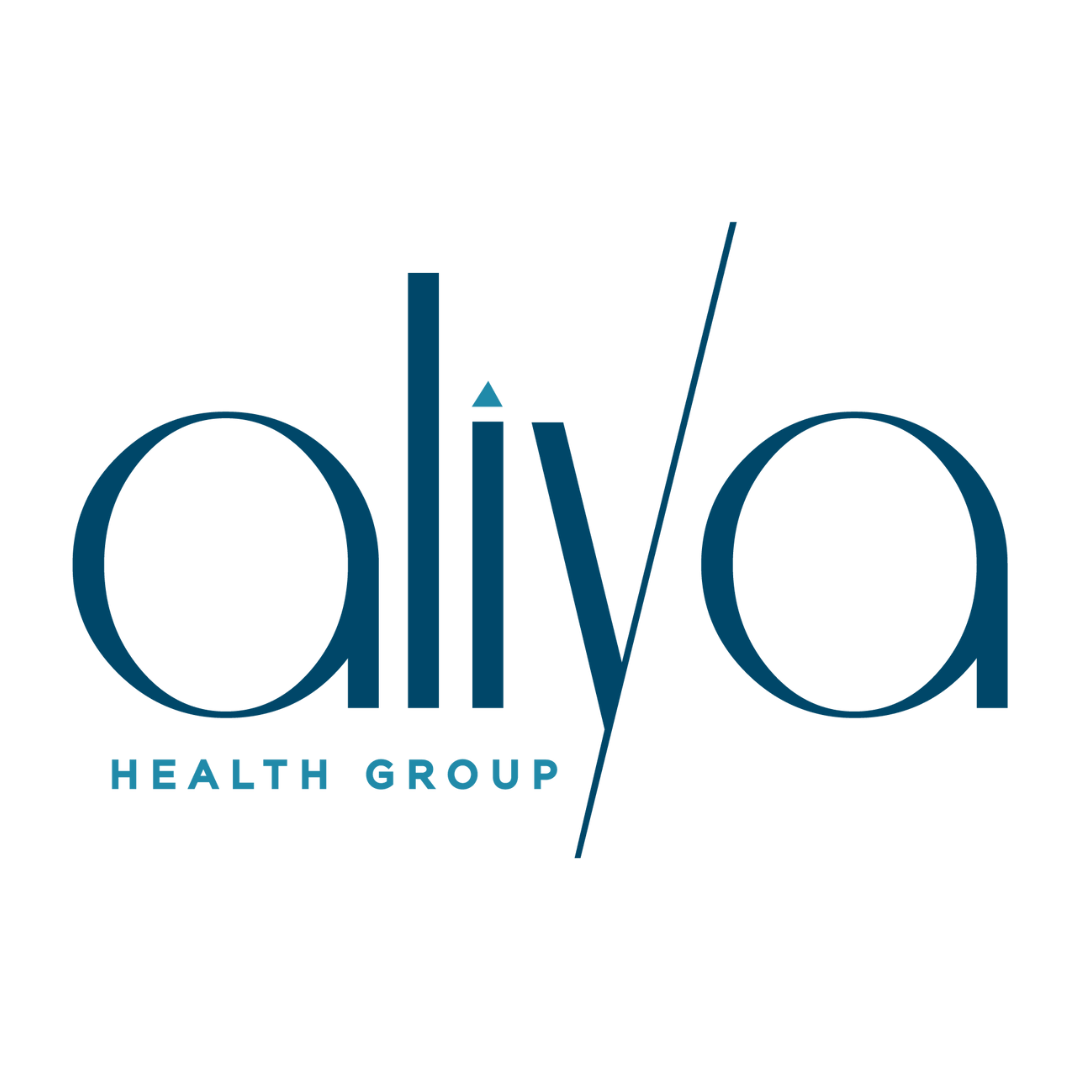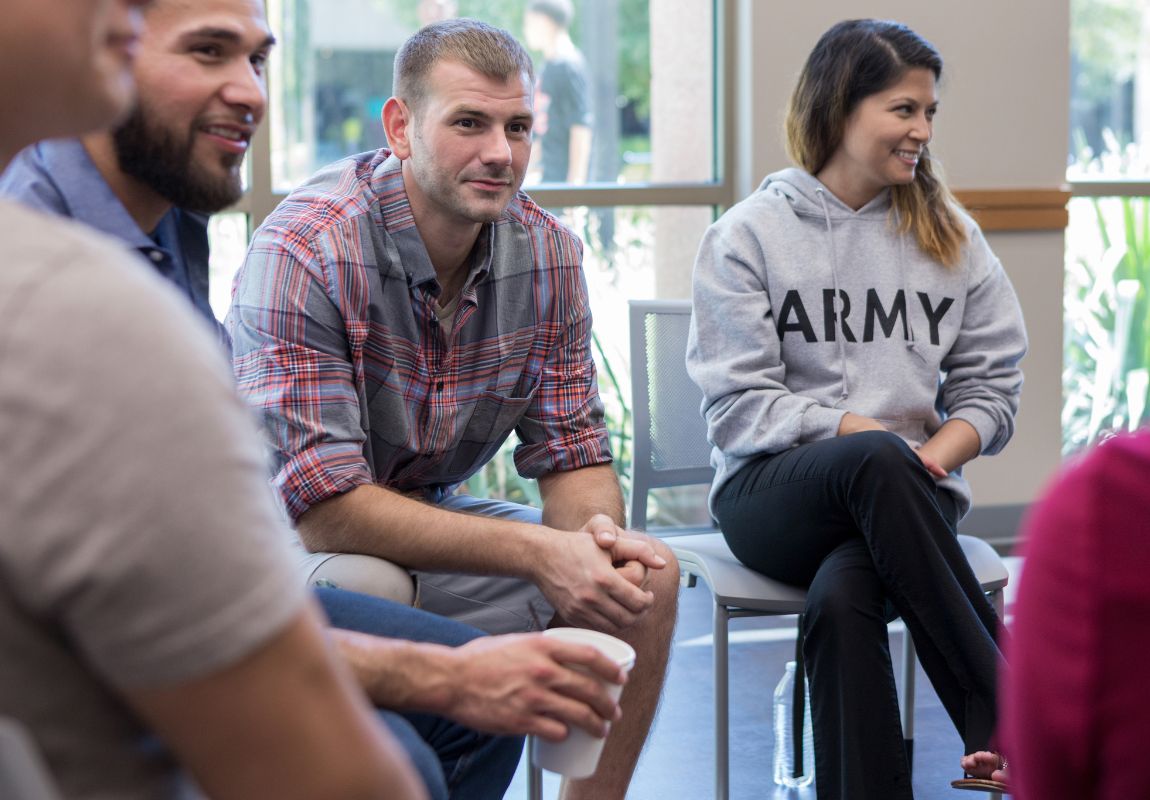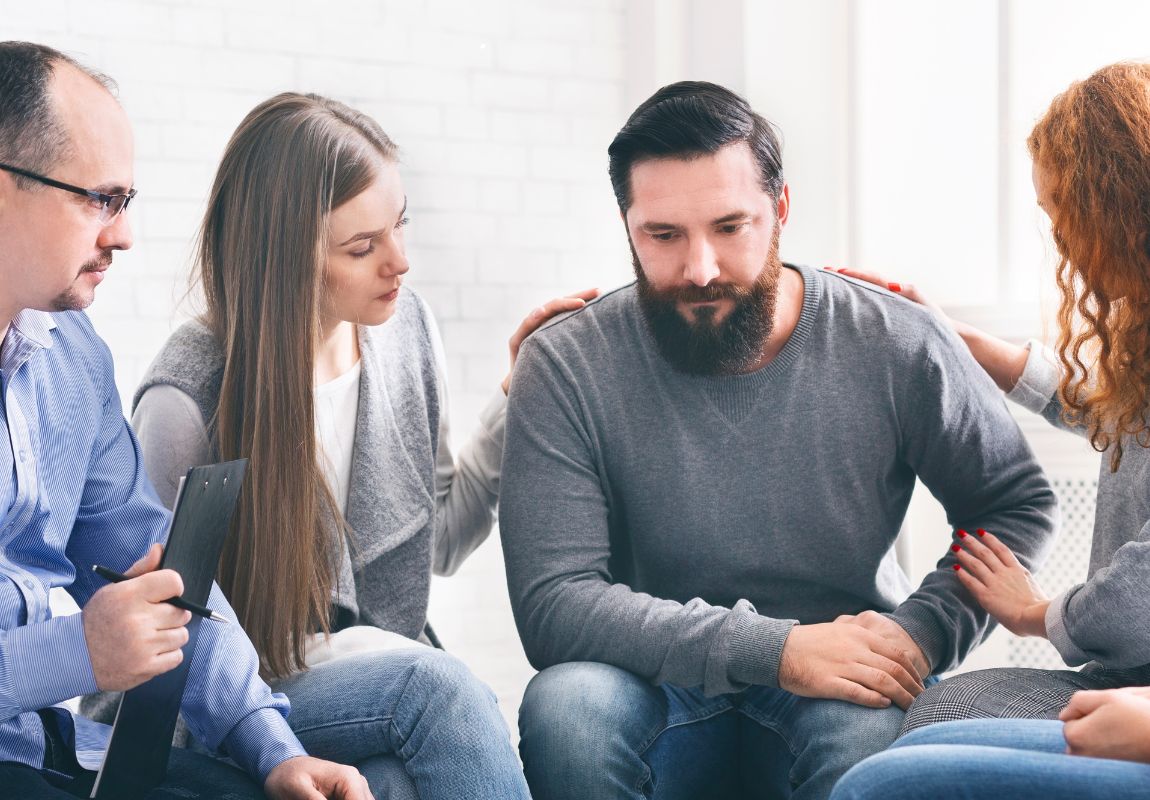Completing an addiction treatment program is a wonderful thing. It means you’ve taken the necessary steps to end a substance abuse problem with help from qualified counselors. You created a plan alongside your treatment team and stuck to it throughout recovery. You participated in therapy sessions with your treatment provider and in group settings. You underwent the many evidence-based and holistic offerings needed to reach your goal. But, now what? The answer is addiction aftercare.
One of the many misconceptions about recovery is that once your program is complete, there’s no need to actively work on sobriety any longer. That unfortunate line of thinking has led some to return to patterns of substance abuse and unhealthy behavior. Addiction aftercare is a key element in sustained sobriety as it offers opportunities for peer and professional support, further education on addiction and its dangers, and a comforting sense of community so you know you aren’t alone on this journey.
Aliya Health Group offers comprehensive aftercare services for addiction and mental health disorders. If you’re wondering how aftercare can aid in sober living, take it from our alumni staff who see the power of continued care on a daily basis.
What Is Aftercare and How Does it Help?
Aftercare involves ongoing addiction treatment support and services that people receive after completing inpatient or outpatient addiction treatment. It is an essential component of the recovery process and aims to help individuals maintain their sobriety, prevent relapse, and build a foundation for a healthier lifestyle. While you don’t attend treatment as often, aftercare may still involve regular check-ins with your case manager and treatment team. The goal is to help teach relapse prevention strategies and develop life skills that can empower individuals to maintain their sobriety.
Some key highlights of aftercare may include:
- Continuing counseling sessions both individually and within a group
- Attending recovery support group meetings
- Transitioning to a sober living home
- Establishing a support system you can rely on in the face of triggers
- Relapse prevention strategy and life skills building
One of the most important features of aftercare is attending recovery support meetings. Participation in support groups, such as 12-step programs like Alcoholics Anonymous (AA) or Narcotics Anonymous (NA), provides a sense of community, accountability, and ongoing peer support. Aftercare is tailored to each individual’s unique needs and circumstances. It recognizes that recovery is an ongoing process, and support is crucial for individuals to navigate the challenges of maintaining a sober lifestyle.
Get confidential help from our addiction and mental health treatment facilities located across the United States. Call to join one of our quality programs today!
Speak With Our Admissions TeamWho Helps With Aftercare Planning?
Like with recovery as a whole, having the right people helping you out with aftercare can make all the difference. Those in recovery are often assigned a case manager who is a comprehensive resource for all things treatment-related. Your case manager is with you throughout every step of treatment. Their goal is to guide you through the process and onto a brighter future. The process is a collaborative one, however. According to Footprints to Recovery alumni and case manager Andrew Matthews, clients need to take an active role in the process to succeed.
“Clients are as involved in the aftercare process as their case manager. My role is to provide resources for anything the client is interested in. If they need a primary care provider, recovery coach, therapist, or continued care at a different facility, I will research and make calls or fill out applications together,” Andrew said.
Being involved in the aftercare process means everyone can choose the treatment plan that best suits their needs. Your case manager can help you find meetings or groups that occur when you’re available. That way you don’t have to worry about fitting aftercare into your life, but rather engage in aftercare that compliments your life and schedule.
A Case Manager Who Cares
There isn’t a one-size-fits-all treatment option when it comes to addiction. That’s why case managers are so vital to the process. In collaborating with both your case manager and your treatment team, you can create a recovery plan using the therapies and treatments available. Everyone’s plan is unique. It takes into account your situation, experiences, and preferences to create an addiction recovery plan that is uniquely yours.
From helping with things like job applications to locating support groups, your case manager provides information and education on addiction, treatment options, and available resources. They deal with both treatment-centered situations, but also more practical ones like securing transportation to meetings, finding sober housing, or getting you prepared for an employment interview. The more a case manager can assist with, the more time and energy you’ll have to focus on continued sobriety.
Looking for quality treatment for substance abuse and mental health that’s also affordable? Aliya Health Group's treatment facilities accept most major insurance providers. Get a free insurance benefits check now!
Check Your CoverageThe Benefits of a Support Community in Aftercare
While it may not be a diagnosable mental health condition, feeling alone can do a lot of harm to someone’s recovery. Addiction relapse often leads to isolation as some withdraw from friends and family due to shame or fear of judgment. Being part of a community provides people who have completed recovery with a network of similar peers who understand their struggle. This social support helps during challenging times, providing encouragement and understanding.
For Andrew, his experience in recovery aftercare led to a sense of purpose and belonging. When helping others make positive changes in their life, Andrew understands that removing feelings of loneliness goes a long way.
“I believe a sense of community is very important. Surrounding yourself with like-minded individuals who have been through what you are going through can make all the difference. I truly believe that finding somewhere you feel like you belong can lead to finding your purpose. With a strong community and purpose, anything is possible,” he said.
Building your support system for aftercare means always having someone available when triggers happen, or when life gets difficult. A friendly, supportive peer or counselor is just a call away when you feel the urge to ignore your progress in recovery and make poor decisions. It’s just one of the advantages of taking the time to set up an aftercare plan with your treatment provider. If you’d like to learn more about all the options for aftercare, contact our admissions team today!





















